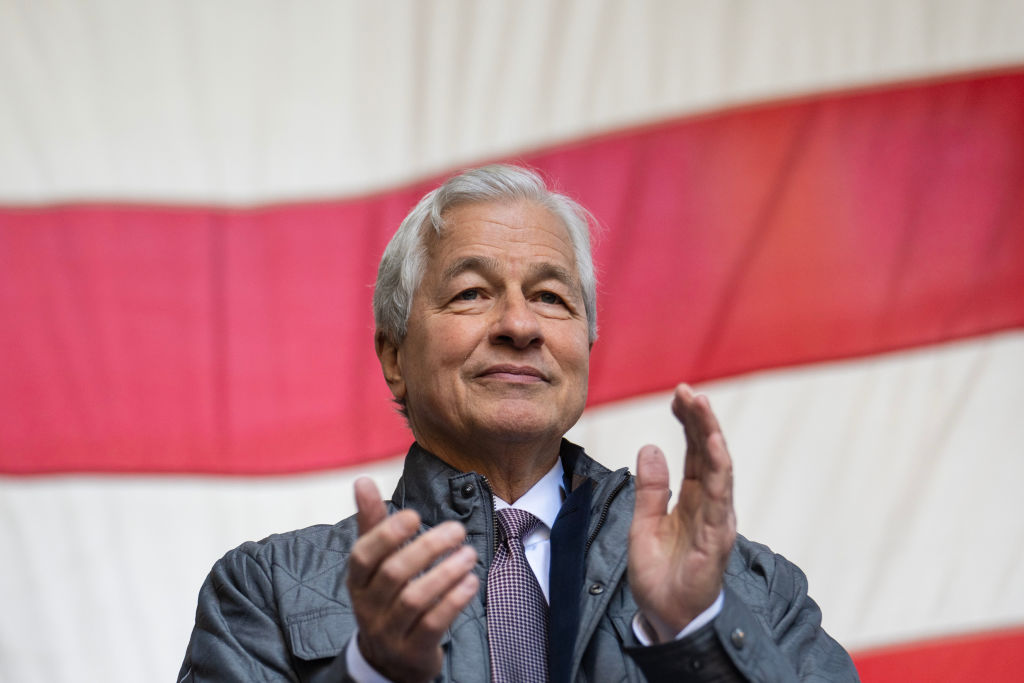It is a standing joke among Right-wingers exulting in the prospect of a Tory calamity next month that Rishi Sunak has already booked a flight to California for the evening of Friday 5 July. The Prime Minister spent much of his pre-Parliamentary career in the USA. He owns a home in Santa Monica, and met his wife while studying at Stanford. It is widely expected that he will retreat across the pond after leading the Conservative Party to perhaps its worst ever showing in a general election.
Reports this week that two American businessmen, former Google chair Eric Schmidt and JPMorgan Chase CEO Jamie Dimon, are in line for British honours do little to contradict the impression that Sunak has had his head turned by the glamour of the imperial centre. It is hard to imagine him settling in for the worthy but dull work of an Opposition backbencher once he has handed the keys of Number 10 to Sir Keir Starmer. Much more plausible that a Big Tech or venture capital firm will pay top dollar for his insights — and his networks. In that case, Sunak will have spent less than a decade in the House of Commons.
Increasingly short periods in the Commons, before moving on to other things, is a striking trend among modern senior politicians. Lord Cameron, for example, spent only 15 years as an MP, including his six years in the top job. Boris Johnson notched up a similar length of service in two separate stints. David Miliband abandoned British politics for the New York-based International Rescue Committee after just 12 years. By way of comparison, Margaret Thatcher was an MP for 33 years in total, James Callaghan for 42, and Ted Heath for 51.
This illustrates one of the defining characteristics of our contemporary ruling classes in Europe and the English-speaking world: their alignment with international concerns and aspirations, rather than the national interest. Becoming prime minister of the United Kingdom, or obtaining one of the Great Offices of State, was once the summit of a long career in public service — what the Romans called the cursus honorum, the established pathway through elite jobs that normally preceded the great prize of a consulship. Now, it seems to be a mere stepping stone to other things: grandiose global projects or supranational organisations that do not have to concern themselves with the normal mundane realities of national democratic politics.
Even if one looks at local nationalist movements, such as the SNP or Sinn Féin, they seem increasingly less concerned with promoting and safeguarding particular national cultures and peoples, and more focused on carving out a role for themselves as the local administrators of the universalising progressive agenda. Whether Sunak has booked his US flight is besides the point: Britain’s ruling class is, mentally at least, already there.











Join the discussion
Join like minded readers that support our journalism by becoming a paid subscriber
To join the discussion in the comments, become a paid subscriber.
Join like minded readers that support our journalism, read unlimited articles and enjoy other subscriber-only benefits.
Subscribe